This week's #beersaturday post takes a different turn. Yesterday, I visited a craft microbrewery and sampled a special brew flavored with nettles. It's rather common here in the Czech Republic, where this herb is often used to brew Easter specials, as nettles dye the beer green, like the one I drank at Zdroj brewery in Poděbrady. However, I didn't take any photos or notes yesterday, so instead of my usual review, I'd like to share a surprising trivia I discussed at the brewery: beer is often not vegan. How is this possible?
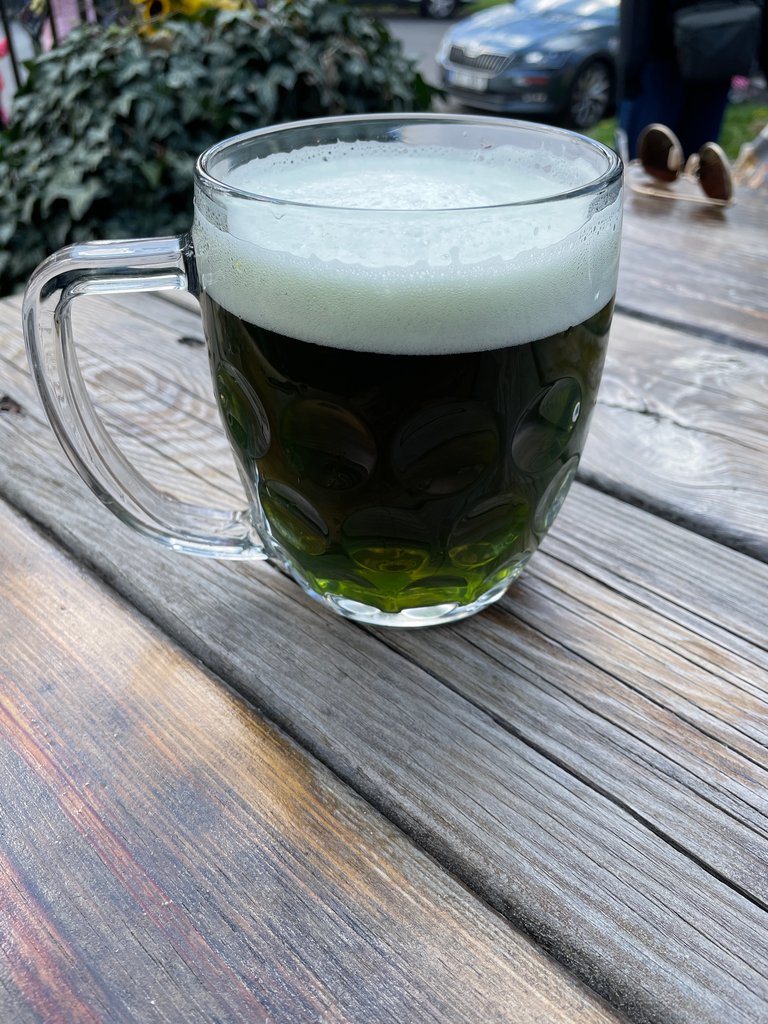
Green Easter Special, Zdroj Microbrewery. A 100% vegan-friendly brew.
Let's set aside the industrial brews, including the likes of Heineken, Stella Artois, Pilsner Urquell, Guinness, any Budweiser, or similar beers. These mainstream brands don't really warrant a #beersaturday post. Besides, their flagship products are brewed with cost-efficiency and simplicity in mind, thus avoiding using pricey non-vegan ingredients. If quality isn't your top priority, drink them without worries. However, there are far superior vegan-friendly alternatives, which I'll delve into in the latter part of this post. For now, let's explore the surprising truth about beers that are not vegan-friendly.
Milk Fermentation
In spirits, alcohol is derived through distillation. Conversely, beer relies on yeast to ferment the carbohydrates in malt and transform them into alcohol. So far we're vegan-friendly; yeast is allowed. Yet, there is an alternative approach that involves milk fermentation. Yes, you heard that right – milk cultures (namely Lactobacillus and Pediococcus) could play a role in brewing.
One might expect such beers to look and taste like an awful milkshake. However, that assumption is totally off the base. The most common outcome of this unconventional technique is a style known as sour ales. They usually look like this:
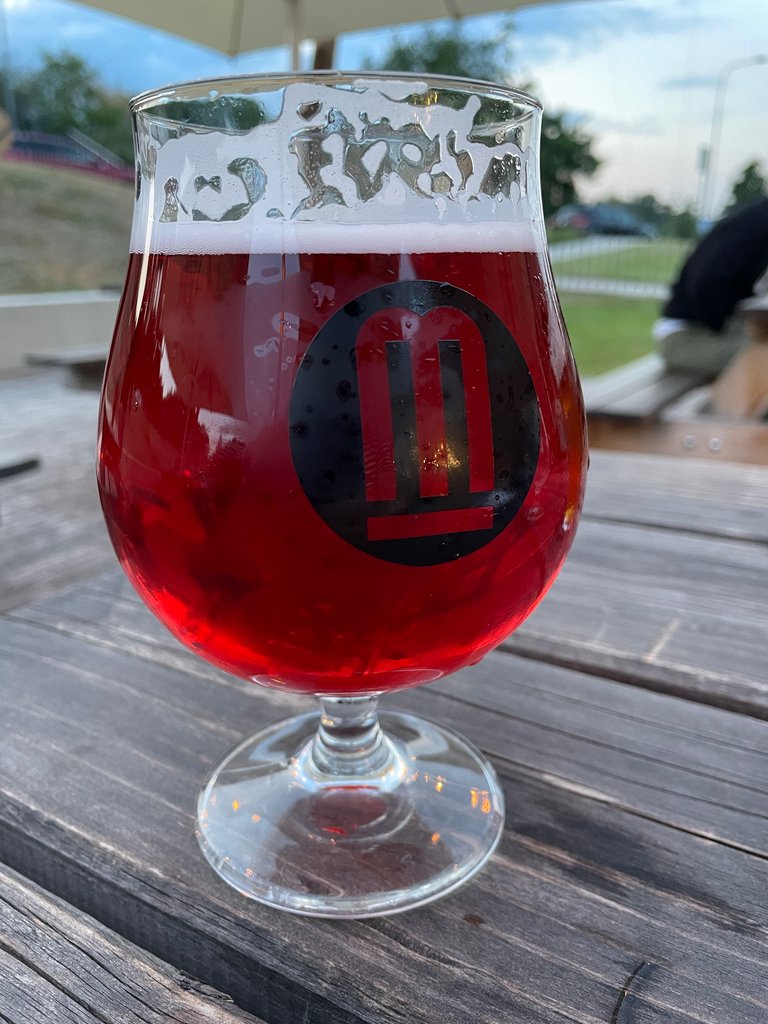
Sour Ale by Most Microbrewery. Not vegan-friendly.
In addition to milk cultures providing pronounced acidity, sour ales often feature fruits like mango, cranberries, blueberries, or strawberries. As their name implies, they tend to be exceptionally sour compared to other brews. Despite the milk cultures, which may not be apparent if not revealed (put simply, they taste nothing like dairy products), they are clearly not vegan-friendly. However, it's not always the color, which can range from a soft pink in the case of strawberry brews to a dark blueberry purple, that should serve as a red flag for vegans. The beer below, despite its pinkish hue, is vegan-friendly. It's a wheat beer crafted through traditional yeast fermentation only.
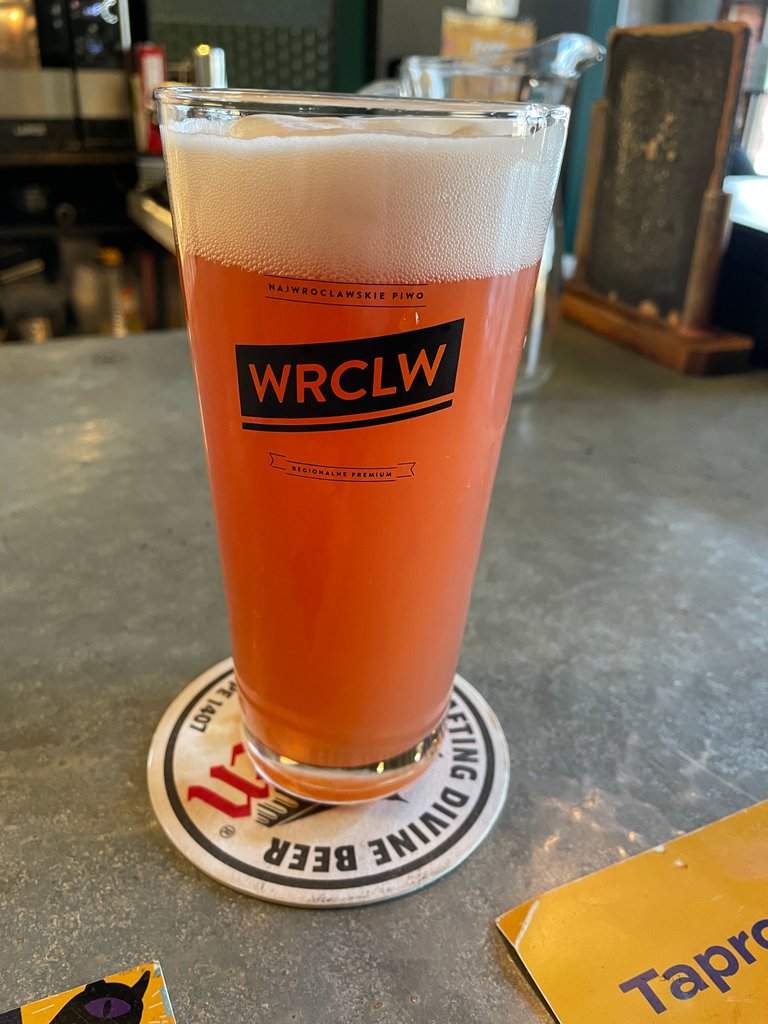
Strawberry Berliner Weisse by Stu Mostów Brewery, Wrocław. Vegan-friendly
When you spot a milk-something on the menu, it’s likely not a jest, at least in the realm of craft beers. You should expect an experiment with combined fermentation, be it milk or milkshake stouts, popular in Ireland and the UK, or various Milkshake IPAs, or even lagers that have emerged in the past few years. You can hardly distinguish them from vegan-friendly beers by color. Like this Milkshake Mango IPA:
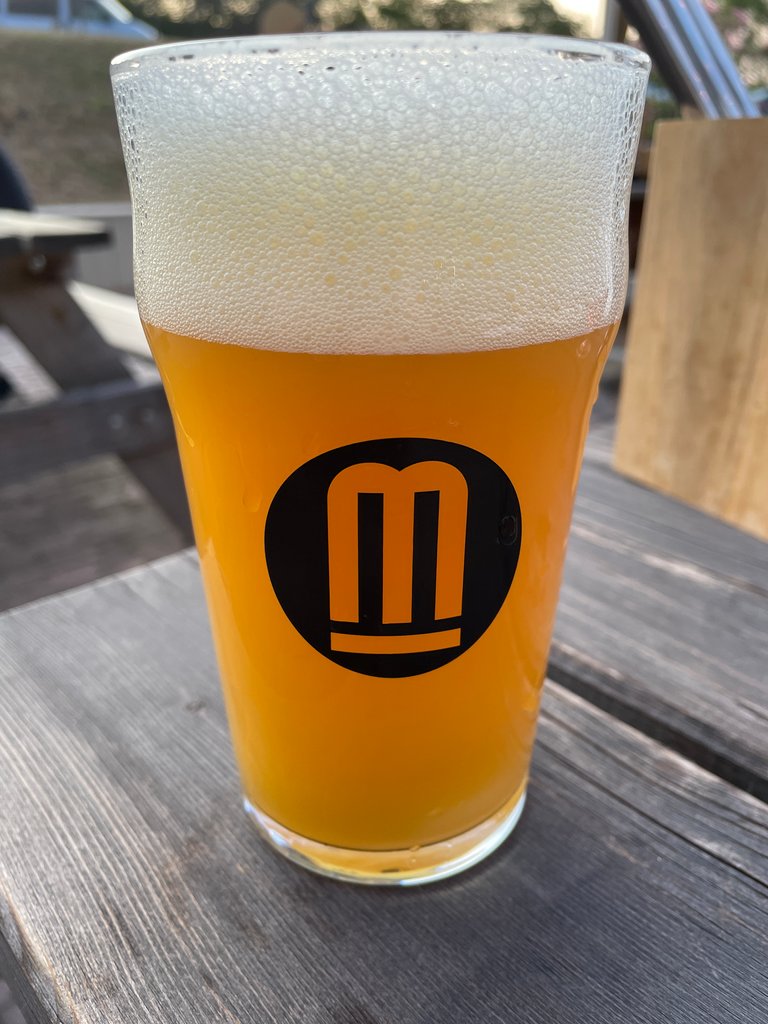
Milkshake Mango IPA by Most Microbrewery. Not vegan-friendly.
Honey Brews
Flavoring beer with honey is also quite common in my country. There are two primary methods: incorporating honey into the malt, which results in a potent beer with minimal to no honey aroma since honey is essentially pure sugar consumed by yeast; or adding honey post-fermentation, yielding a lager (typically) with a distinct honey-like sweetness. In both cases, such beers are off-limits for strict vegans. Usually, it is possible to tell a honey brew from the name, which often pays homage to St. Ambrosius, the patron saint of beekeepers. Fortunately, many microbreweries label their beers with vegan-(un)friendly symbols.
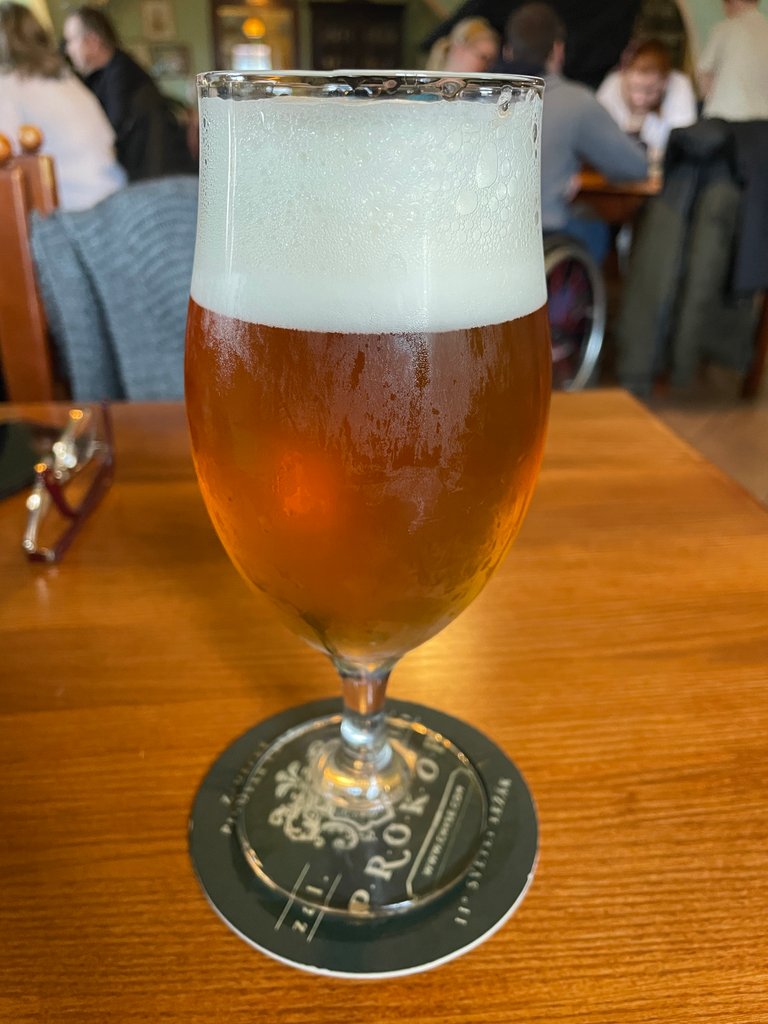
Bohemian Honey Lager by Prokop Brewery Chyše, not vegan-friendly
Isinglass, Gelatine, and Similar Fining Agents
Now for the trickier part. In previous cases, the non-vegan ingredient was actually present in the beer. Fining agents are utilized during brewing to expedite production or refine the outcome. Since they don't remain in the final product, they don't need to be listed on the bottle. Many fining agents are of animal origin, such as Isinglass and Gelatine. If you're keen on ensuring your beer is vegan, you'll need to reach out to the producer directly or perhaps consult the Barnivore website, trusting that the information provided is up to date.
However, the most foolproof method to avoid any disputes or doubts regarding the vegan-friendliness of your beer is to go straight to the source – the microbrewery where it was brewed. Fortunately, my home country boasts over 500 of them scattered virtually everywhere, offering endless opportunities for exploration. Small craft microbreweries usually avoid fining agents, whether animal-based or plant-based and stick to traditional recipes instead. Whether you're up for a Bohemian Lager, Weissbier, Lambic, Baltic Porter, IPA, NEIPA, or any other style you encounter, as long as you steer clear of the milky and honey-infused ones, you're in the clear.
I promised you alternatives to the industrial beers, and here they are – a glimpse from my recent beer travels. Dive into sampling local craft beer; the renowned brands simply can't compare!
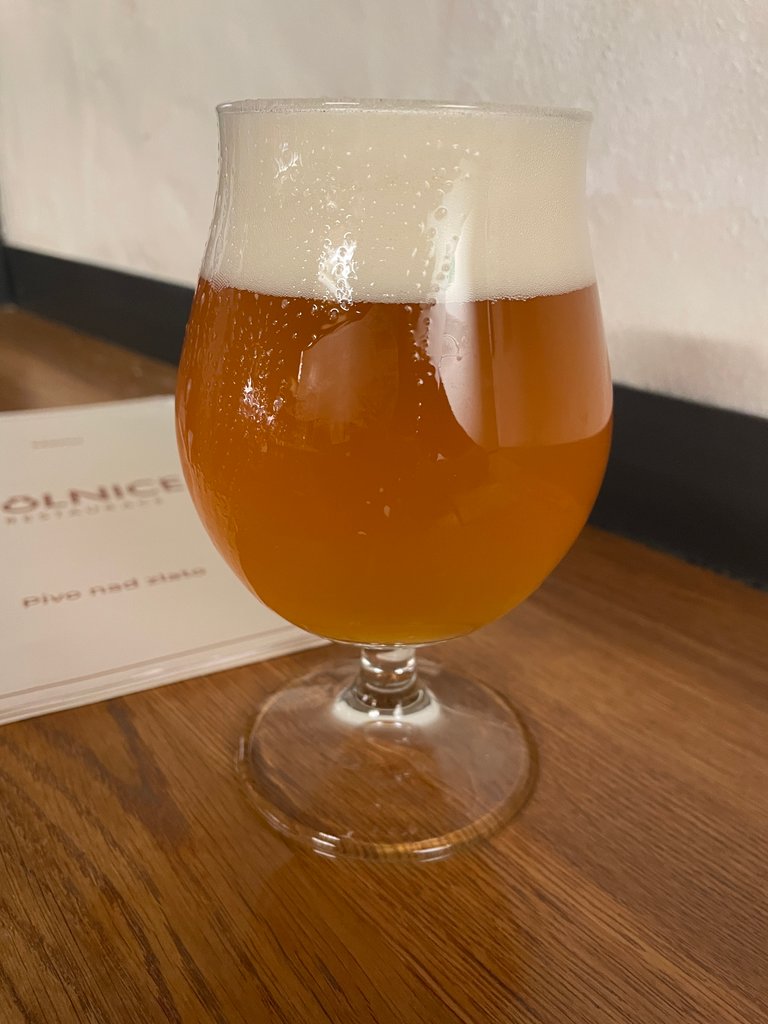
Solnice 12° Bohemian Lager, vegan-friendly

Moremía; Baltic Porter by Sacromonte 1598, vegan-friendly
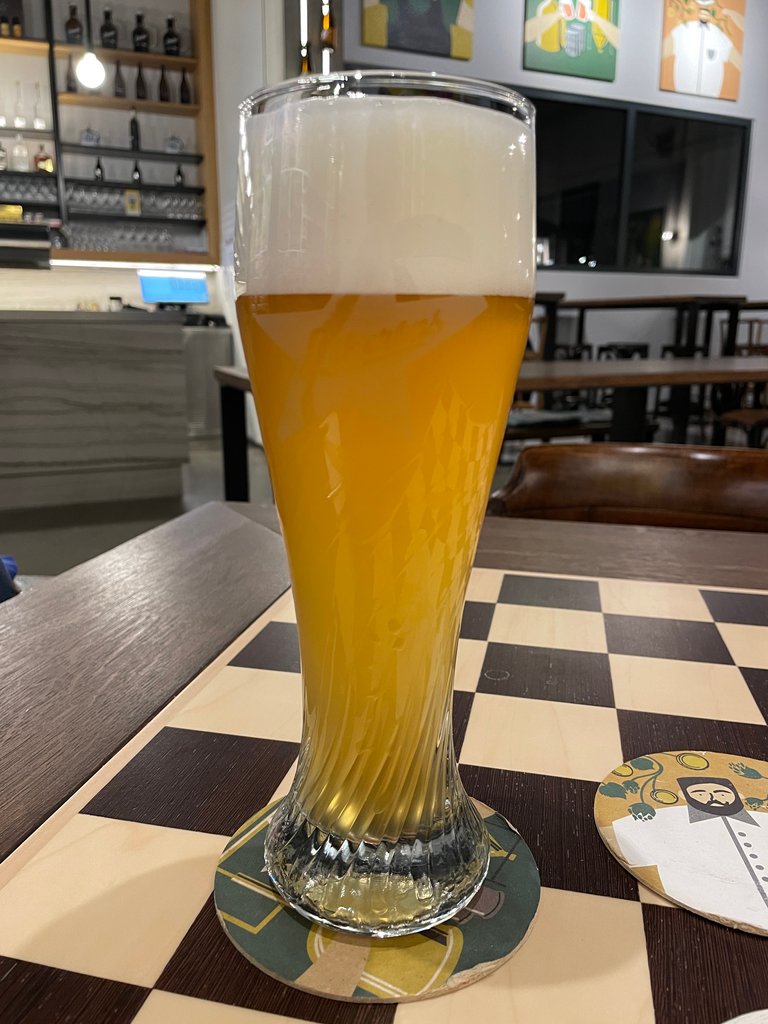
Hefe Weizen, Libertas Microbrewery, vegan-friendly
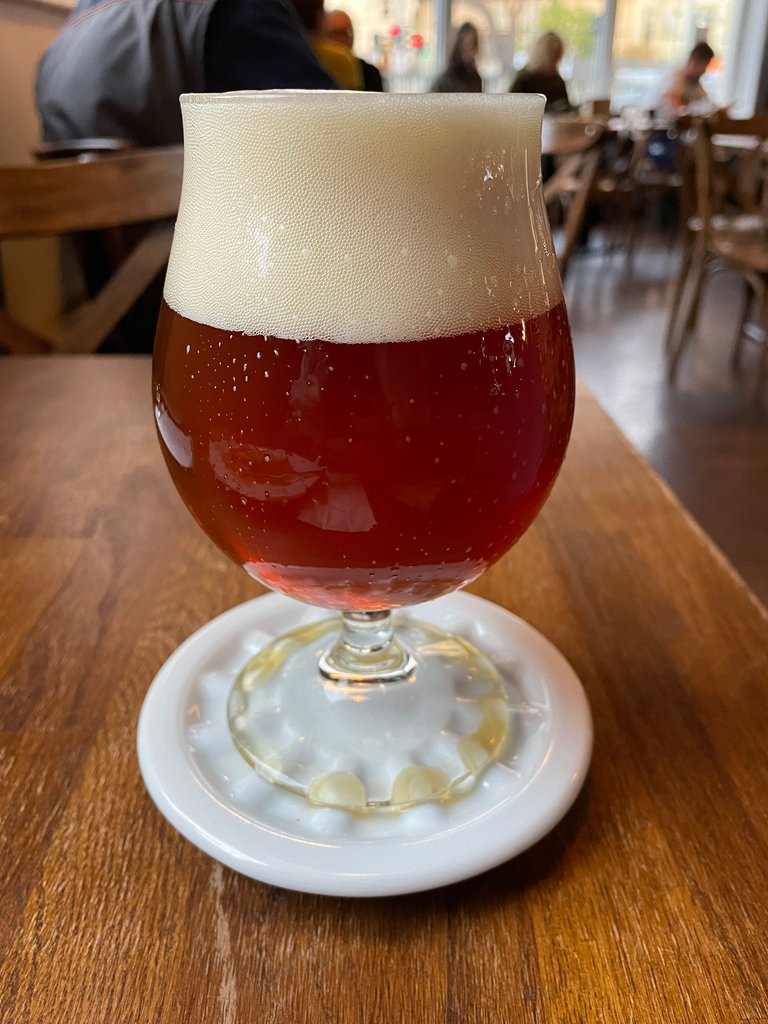
Hibiscus Ale, Horymír Microbrewery, well, I am not sure about this one THB, but I'd say it is vegan-friendly
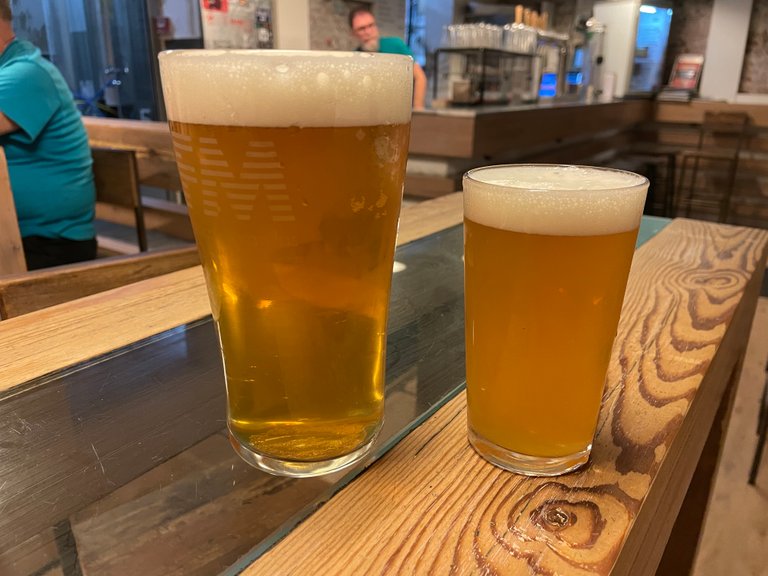
To The South (Session IPA) by Fábrica Maravillas, Madrid, vegan-friendly

Monarchie 13°, Bohemian Dark Lager by Boat Brewery, vegan-friendly

A sampling set in Uhříněves Brewery, all brews are vegan-friendly.
This is my entry to March Inleo writing prompt.
Posted Using InLeo Alpha
Posted Using InLeo Alpha

